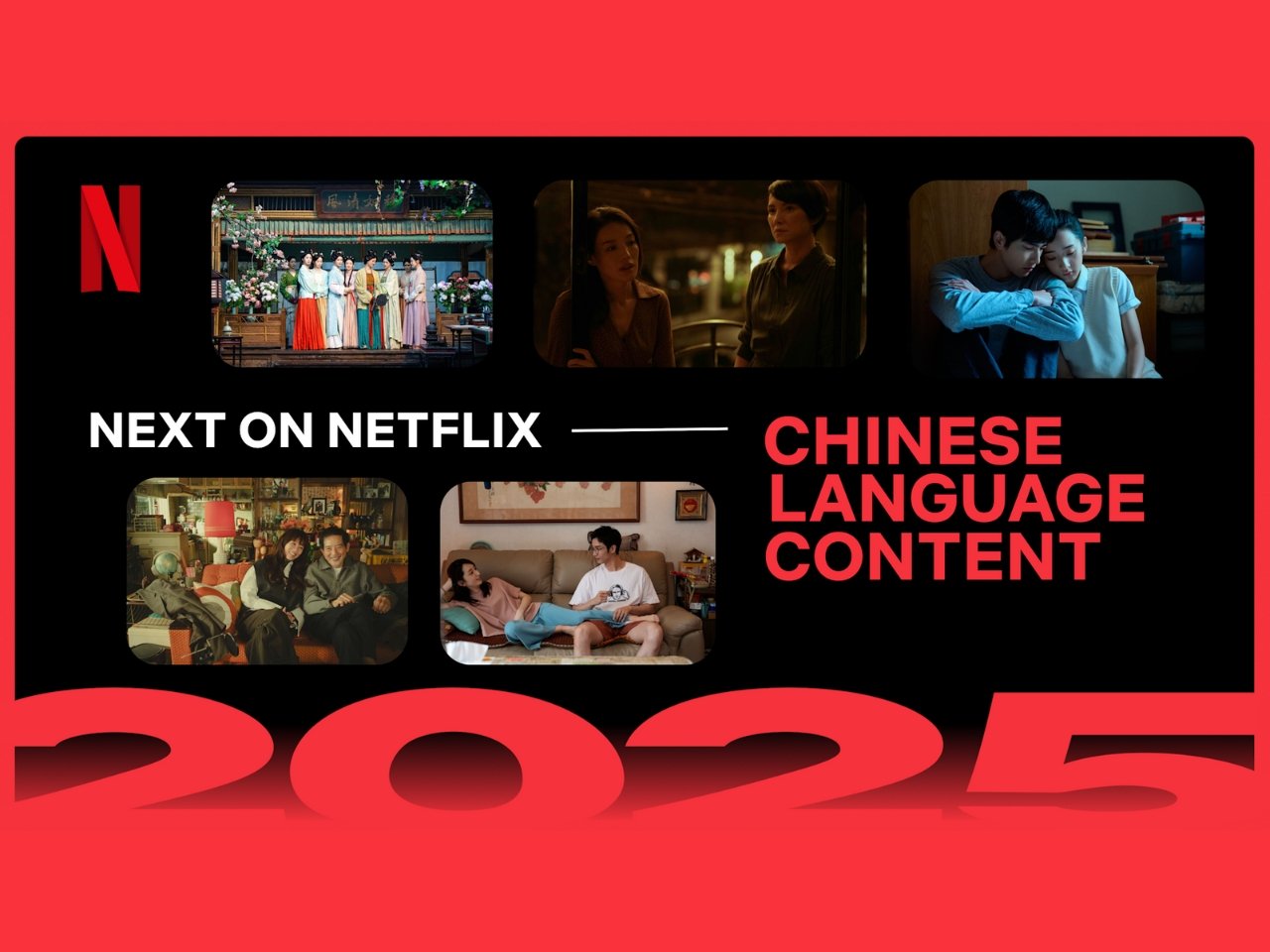Squid Game, the South Korean show about prisoners forced to play classic children’s games to survive, is on its way to becoming possibly Netflix’s biggest-ever hit. Obsession over the series has even exploded in China, a country that does not have access to the Netflix streaming platform.
The topic ‘Squid Game’ (#鱿鱼游戏#) has racked up more than 1.6 billion views and 310,000 discussions in the last week, while ‘Why is Squid Game so popular?’ (#鱿鱼游戏为什么这么火#) has 250 million views on its own. On Douban, China’s answer to IMDb, 1.53 million netizens have listed the show as ‘watched,’ and it carries a rating of 7.7.
Inevitably, netizens have begun memeing the content as well.
The topic ‘How hard is Squid Game’s caramel game anyway?’ (#鱿鱼游戏的抠糖饼有多难#) has 32,000 discussions and contains a selection of ‘shapes’ that netizens feel would be way more challenging for the protagonists to trace.

Screengrab via Weibo

Screengrab via Weibo
Meanwhile, Wolf Warrior Wu Jing has been linked to the series’ ‘Stop Stop Go’ game after netizens noted how similar his green jumpsuit (bearing the characters for ‘China’) in the film Song of Youth is to the green outfits Squid Game prisoners wear.
The series has hit a nerve in China for its subversive themes and its unapologetic violence.
Said one happy viewer, “From shooting to script to the pace, there’s nothing to complain about. The plot is exciting and full of suspense. Above all, the theme — survival games — is very rare in China.”
“Those familiar games are interpreted in different ways, and the atmosphere is so intense! Many scenes also represent the hypocrisy and truth of human nature, coupled with the actors’ superb acting. The plot instantly attracted me,” echoed Weibo user @鲜娱君.
Fans are finding ways to access the show through VPNs and various apps that are uploading the show illegally. It is unclear how long the episodes will stay up, as streaming sites have faced increasingly stringent regulation over the last year.
Although the country is one of the fastest-growing film and TV markets globally, very little foreign content is allowed to be screened in China every year. Of the ones that make it into the country, scenes deemed sensitive, violent, or vulgar are cut.
In February, authorities arrested the owners of one of the most prominent foreign video content streaming platforms — YYeTs.com, or Renren Yingshi.
Even legal streamers have become increasingly jumpy. Just hours after China’s National Radio and Television Administration released a notice for companies to “firmly resist broadcasting cartoons that contain violence, blood and pornographic scenes,” major video platforms Bilibili, Youku, and Tencent Video pulled the cartoon Ultraman Tiga off their sites. (Although, it has since returned!)
Some netizens couldn’t help using the hype around the Korean show to comment on the current state of Chinese television and film regulations.
“I am so jealous,” commented @芝士少女BaRa. “Although we often see Koreans as psycho, they make amazing cultural exports. They are constantly pushing TV programs to the whole world, while we are just producing low-quality online programs, a bunch of series about ancient China, and taking down Ultraman. Sometimes I see the words ‘cultural confidence’ and feel like slapping myself.”
Additional research by Vivian Qihan Wang


















